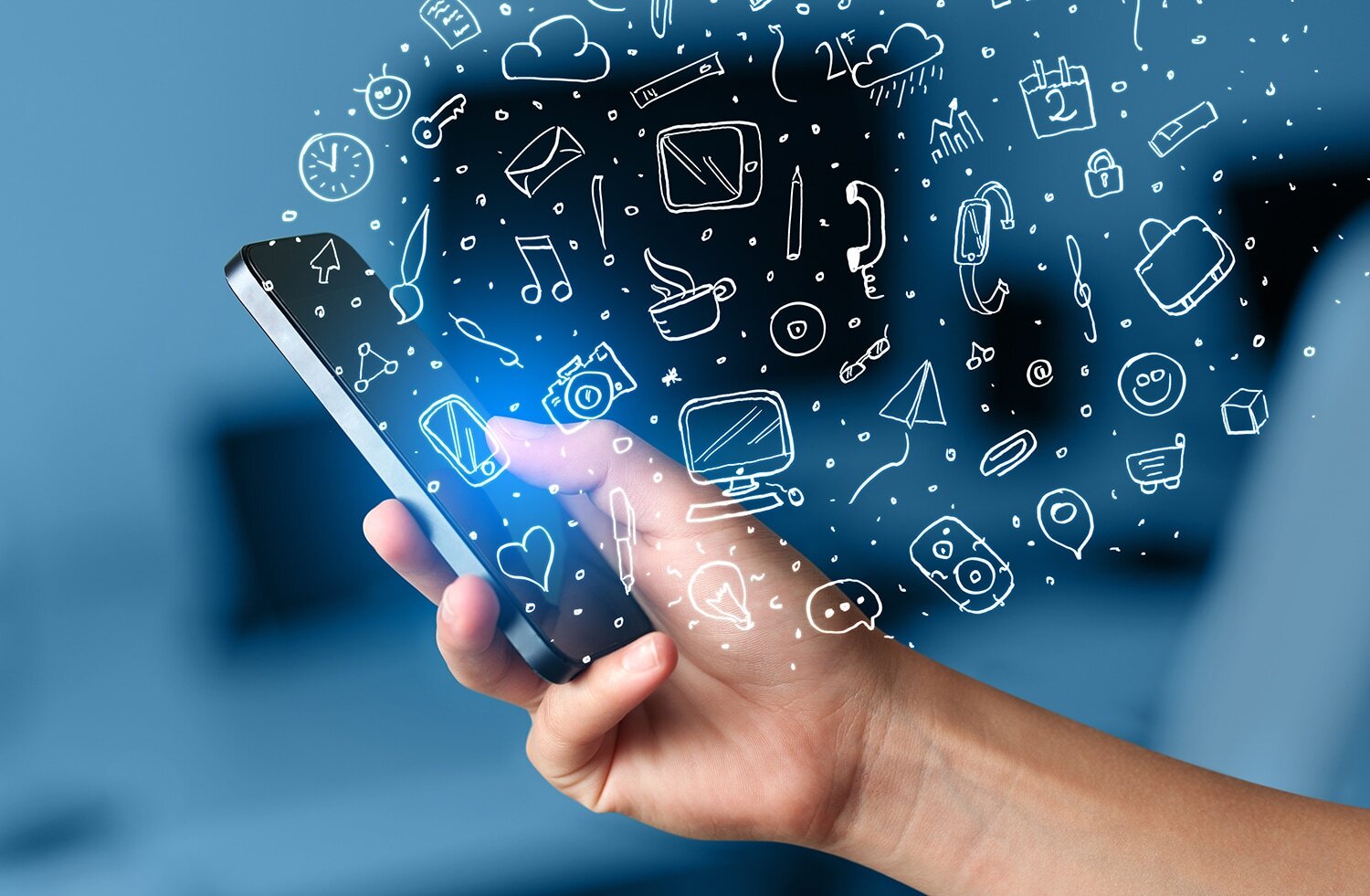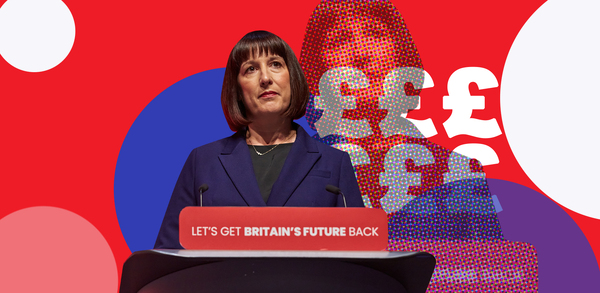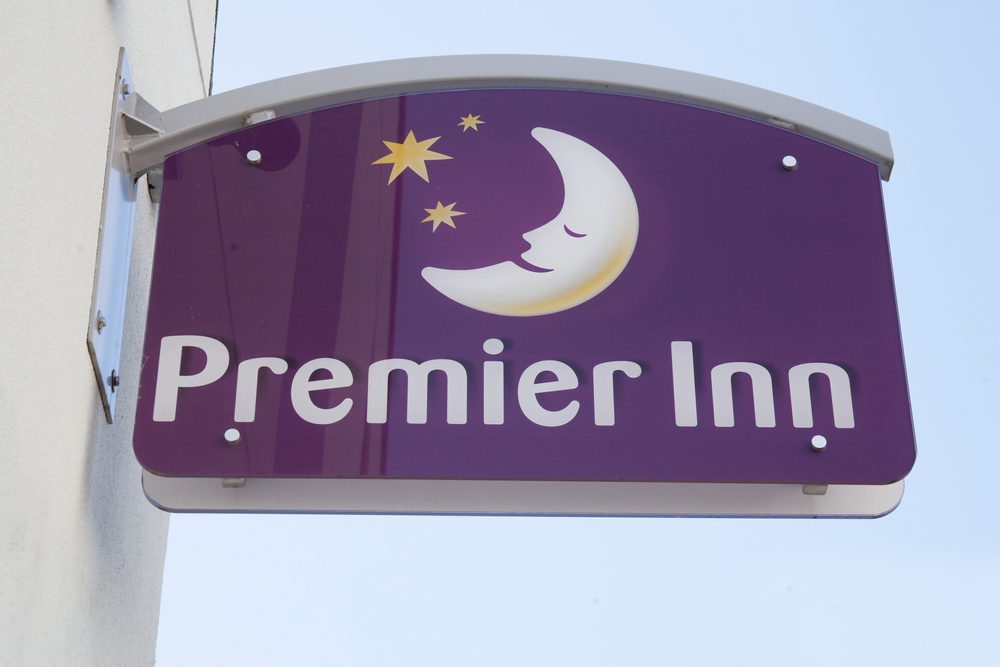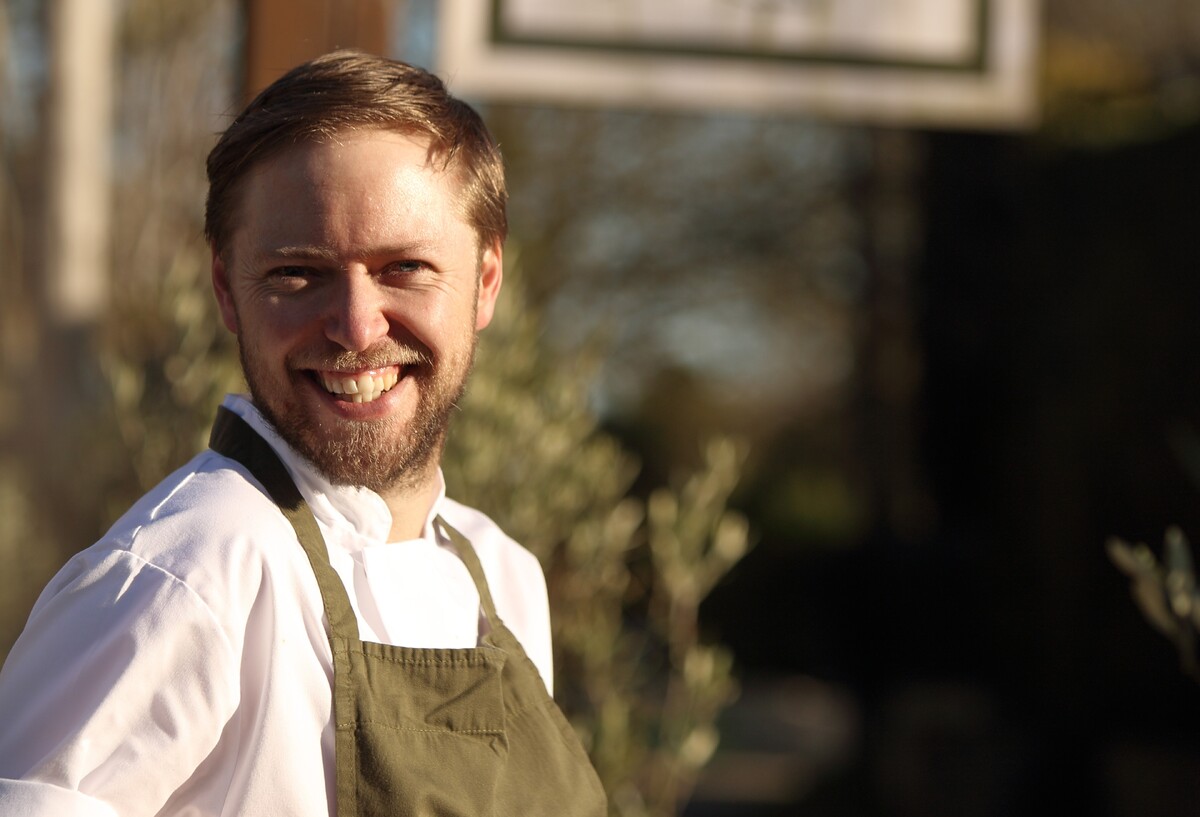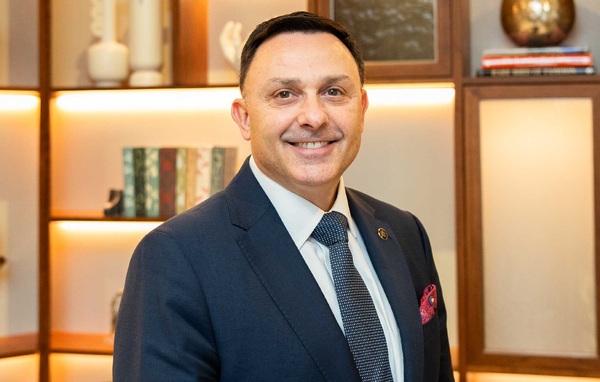How to get the whole company talking with the latest messaging apps
If you want to shout about the latest news in your business, it’s best to use a technology that mimics what your employees use in their everyday lives. Glynn Davis looks at apps for staff that make messaging much easier.
Communicating directly with a geographically dispersed, multilingual and a largely email-less workforce has been a perennial problem for multisite hospitality companies, and with Covid-19 thrown into the mix the problem has been exacerbated.
For an increasing number of operators the solution to this growing problem has been to turn to technology and implement one of the dedicated communication and messaging apps that have sprung up over recent years from the big guns like Facebook and Microsoft, as well as from small independents.
Hayley Cummings, head of people at Pizza Pilgrims, faced this very problem: “The business was locked down and needed to communicate quickly and reliably about furlough pay and Covid-19 guidelines, while keeping its thriving community engaged. We were previously heavily reliant on emails – that people don’t check every day – and also WhatsApp, with chat groups for each pizzeria, each general manager and the head chefs too. It was massive.”
In May 2020 the decision was made to implement Workplace from Facebook, which she says has been a “game-changer”, with everybody in the organisation adopting the tool as the preferred method of communicating.
“Nobody was forced to use it, we just said this is how messages will now be sent out. It’s just like Facebook, so people already knew how to use it, and we’ve had 97% of staff signed up and are using it every day. It’s almost strengthened the company’s culture during this [Covid-19] period,” explains Cummings.
Free for all
It has been a similar story for Rachael Bolton, director of people and culture at Nobu Hotel London Portman Square, who found she wanted to communicate much more effectively with the team. The traditional routes of memos and noticeboards were failing as the bulk of the company’s employees were using WhatsApp and other electronic forms of messaging.
“We decided we wanted to be as technologically cutting edge as possible with a communications system that is easy to use – mimicking WhatsApp and Instagram – and that links into other [HR-related] platforms,” she says.
We decided we wanted to be as technologically cutting edge as possible with a communications system that is easy to use – mimicking WhatsApp and Instagram
Yapster, with its hospitality focus, was chosen and deployed across the London-based hotel last year. The app sits on employees’ phones as ‘Nobu Noise, powered by Yapster’. The other driver of its adoption for Bolton was the issue of data privacy and being GDPR-compliant. This was the original prompt for the creation of Yapster six years ago by its co-founder and chief executive Rob Liddiard, who was worried by the fact “half the economy seemed as if it was being run on WhatsApp”.
“From a GDPR perspective it was unacceptable for brands to be exposed to litigation risks from data privacy and work-life balance issues. It was the Wild West of shadow communications. But people were not worried about this back in 2015. The app was initially designed for leadership communications, but now everybody [in companies] is using it,” he says.
According to Bolton the level of engagement is very high, with 76% of people using it daily and with no limitations on who can post. “It’s free for everybody to use. Everyone can post on there. As much as 65% of the items on the newsfeed function are from colleagues. During Covid-19 they’ve used it to stay in touch with each other. We’ve had a pastry chef baking each week with his daughter and sharing the video,” she says.
In only a short space of time Pizza Pilgrims found Workplace became just as important for its teams, according to Cummings: “It is now the core operational and engagement tool. News is shared via live video in ‘The Slice News’; employees can pose ideas, thoughts and questions to make the company better in ‘Ideas Matter’, and we’ve also set up Groups for each restaurant, apprentices and supplier issues. Workplace is also central to cultural initiatives at Pizza Pilgrims, from company Happiness Days to lockdown engagement initiatives.”
In fact, such has been the success of the app that she has been concerned about over-communication – people are wanting to share too frequently: “This always-on [mindset] is to be discouraged. People have been wanting to share everything, including the things they do on their days off!”
Legal limits
Tim Theofanou, senior director of culture and experience at Nobu Hospitality, which oversees the hotel group’s company-owned properties, agrees that great care has to be taken – especially in the US, where there are strict rules on how such apps are used, and they must not impinge on people’s work-life balance.
“You need sophisticated permissions on the back-end”, he says, in order to ensure employees are not messaged outside of work hours.
The plan had been to allow all employees to talk with each other, but again, Theofanou says, the US, for instance, does not allow such free-flowing communications: “These things are different around the world and there could be legal issues in some countries dependent on their legal environments.”
Guy Chiswick, managing director of UK and Ireland at Speakap, which works with McDonald’s and Vacherin, says such issues can be much more easily overcome with a solution that mirrors the organisational structure of the client.
“By breaking it down into locations, teams and other groups, we can create feeds that are relevant to each person. They only see what’s relevant to them. This structure is key because admin can then target the right people and employees receive curated content,” he says.
“It works straight out of the box and feels as good to use as any of the [technology] tools that people use in their personal lives,” says Chiswick.
It is also easy to integrate with many of the top apps on the marketplace, such as online training, which enables the building of a content-rich eco-system around employees. This is proving valuable at its client Thyme, which operates a hotel in the Cotswolds.

Likewise, at Nobu Hotels, employees now have access to a variety of solutions directly from the Nobu Noise app, including OpenBlend for wellbeing, Fourth for payroll, Flow for training and the Retail Trust. “They can access these through Yapster without needing emails, having to log-in, and entering passwords. It takes a lot of the burden off colleagues,” says Theofayne.
For Pizza Pilgrims the plan is to build out from the app’s initial messaging focus and become the “one-stop-shop for anything and everything”, according to Cummings, who adds: “It will be the hub for everything including training, which people can dip into. We’re super-excited about it. The people system was the first to be integrated, next up will be the sales tool, while e-learning is almost there, and also rota or workforce management software.”
Game on
An interesting area of development for such apps as they become increasingly important as hubs at the centre of hospitality organisations is the introduction of gamification. Liddiard has recently launched a ‘KPI matchplay’ function that he says takes electronic point of sale data and seeks to drive competition between sites through gamification functionality. “We’re looking at the communications angle with data integration,” he suggests.
Andrew Mann, managing partner at strategic marketing consultancy NorthBailey, says gamification will play a greater role in boosting engagement levels across these hubs, particularly within the areas of training. He cites the example of digital learning solution Axonify that applies behavioural learning techniques, powered by artificial intelligence and machine learning, to make it fun and encourage usage. It works effectively because it goes directly to frontline colleagues who can do one- or two-minute training daily on their own device.
“One-on-one solutions that use behavioural psychology to gamify things like learning are a great way to engage people and to train them flexibly. There’s gamification and rewards involved. Think of these as new ways to engage – using the existing technology of colleagues along with artificial intelligence and machine learning,” he says.
One-on-one solutions that use behavioural psychology to gamify things like learning are a great way to engage people and to train them flexibly
Enhancing engagement is clearly a key element of communication apps. Such has been their power for Bolton at Nobu that she says even though some members of the team have spent a mere five days at the hotel after its November launch and near immediate lockdown, they have all been retained for the reopening by having this ongoing connection to the company via the app.
Back to work
With many employees out on furlough for prolonged periods, communications and messaging apps are being used to ease people back into the working environment. Cummings says Workplace was a critical tool in helping Pizza Pilgrims retrain and redeploy staff during the reopening last summer and it will play a major role over the coming weeks.
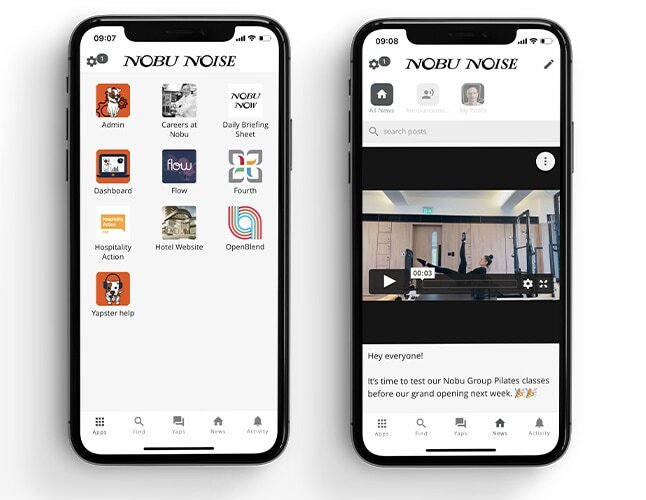
“We’ve been running a wellness campaign to make sure people are ready to get back into work, activating their ‘hospitality heroes’ (team members within each restaurant) and sharing videos on Covid-19 safety, great service and more. Pizzerias will also be encouraged to share their opening mission and plan of action via Workplace, and staff who have questions about reopening can submit these on the platform too, meaning they get an answer within hours,” she explains.
For Bolton the use of the Yapster app for the reopening of Nobu Hotel London Portman Square is crucial, as due to lockdown many employees have only worked at the hotel for a few days.
“We’ve done lots of new videos, including tester things like the Pilates launch, so they can have the ‘guest experience’. We’ve also been reminding them what the hotel looks like, as well as introducing them to the new uniform and other new staff members,” she says.
In addition, there has been an increased focus on mental health awareness and Bolton confirms there will be much more promotion of this on the app as colleagues return to the hotel and settle back into their working routines: “We want them to be able to talk about their concerns.”
##Daily check-ups
Amid the growing use of messaging-based apps, workforce management (WFM) solutions have been enhancing their communications functionality.
WFM specialist Bizimply has recently introduced an employee engagement survey within its product suite. It enables employees to respond to a range of tailored questions as they clock out, giving employers a sense of how colleagues are feeling across the business, and benchmarking responses across locations.
As hospitality businesses adapt to trading in a post-Covid environment the feature has been added to allow operators to design their own questionnaires, which automatically appears on-screen as employees log-on to Bizimply’s clock-in app at the start of their shift.
Early uses have been around health, related to Covid-19 predominantly. Jason Brunton, owner of luxury holiday accommodation operator Beyond Escapes, says: “It gives us really valuable information on the health of our team members, at the start of every shift, every day. It takes team members just seconds to complete, so it’s been simple to roll out.”
The flexible design of the survey function means that it can be adapted to ask any questions operators wish to put to their employees. Operators can gather functional information, such as whether colleagues are wearing their uniform, or get a picture of staff sentiment. Up to 10 questions can be asked, with answers available immediately.
Photos: ra2 studio/GaudiLab, both Shutterstock.com



